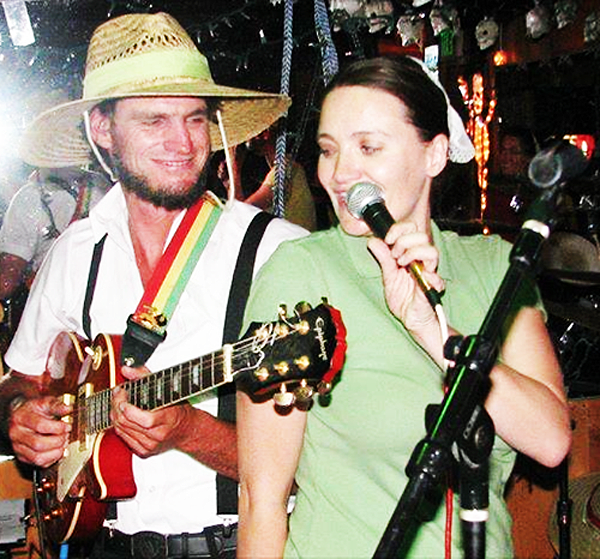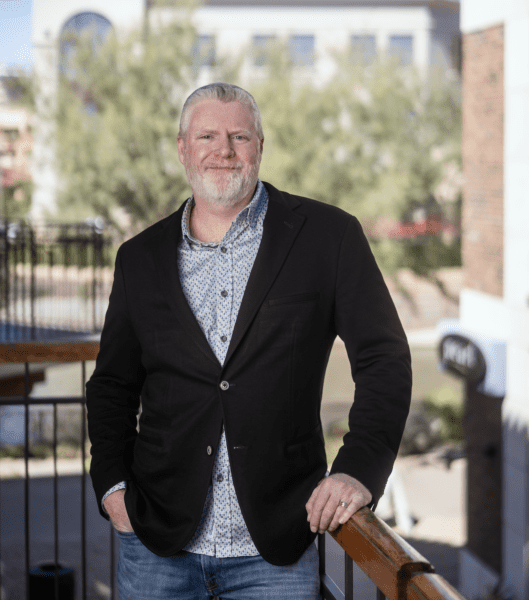
By Phil Riske | Senior Reporter/Writer
 was joyous when I read the Goldwater Institute’s ‘right-to-try’ legislation passed the U.S. House last week and I trust most people, if faced with a personal situation involving a terminally ill loved one, would support the patient’s desire —right — to try an experimental (not approved by the Federal Drug Administration) drug as a last attempt to live.
was joyous when I read the Goldwater Institute’s ‘right-to-try’ legislation passed the U.S. House last week and I trust most people, if faced with a personal situation involving a terminally ill loved one, would support the patient’s desire —right — to try an experimental (not approved by the Federal Drug Administration) drug as a last attempt to live.
It’s a shame such an issue has to be political. Perhaps if lawmakers (especially Democrats who are resisting giving patients a choice of last-chance medicine) were asked directly by a dying family member or constituent for permission to take such a drug, they would send the bill to the White House.
Here’s why I vote aye:
Bad gene
Lurking way back in my family tree is an insidious gene that creates tumors that attack and strangle organs and major blood vessels.
Case # 1:
During his Army boot training, my brother, Jack, came down with a sore throat and loss of his voice that persisted to the point of serious medical concern. Doctors eventually found a mass with tree-like branches that were choking his vocal chords and blood vessels in his neck.
It’s called pheochromocytoma.
Numerous surgeries left him voiceless and with facial paralysis and weakness on his left side. Doctors had to leave a portion of the tumor near the base of his brain.
Jack moved to San Francisco and joined the hippie generation, with shoulder-length hair and railing against the machine, while holding sacred the environment.
For 27 years, Jack struggled mightily with his disease. There were times, nevertheless, when he functioned well in his chosen field of landscape architecture, and he became a proficient guitar player.
During a hospitalization, Jack asked my other brother and me if we would get him drugs that would end his life. We talked about it the hallway of the hospital and made and agreement.
We brought Jack back home to Cheyenne in 1990, where he passed away at age 47 in the VA hospital.
Case # 2:
In the meantime, my half-sister was diagnosed with pheochromocytoma in her neck. The mass was successfully removed, and she has never had a recurrence.
Research
A physician, who was researching this genetic disease at the time, told us he discovered pheochromocytoma most often occurs in left-handed, color-blind, young males.
Jack was both.
So am I.
I guess I ducked the bullet. (I long ago alerted my daughters to inform their sons’ physicians of the family history.)
At Jack’s memorial service, my other brother, Don, and his teenage son, Dylan, paid tribute in guitar and song.
Case #3:
About a decade later, Dylan was diagnosed with pheochromosarcoma tumors in his abdomen, an offshoot of pheochromocytoma. His life was destined to follow that of his uncle Jack.
For several years, Dylan got by on medical marijuana, which had just been legalized in Colorado.
He died at age 39.
With that, goes forth the hope it’s the end of the line for our family’s genetic monster.
And with the hope the government will give ‘right-to-try the right to try.












